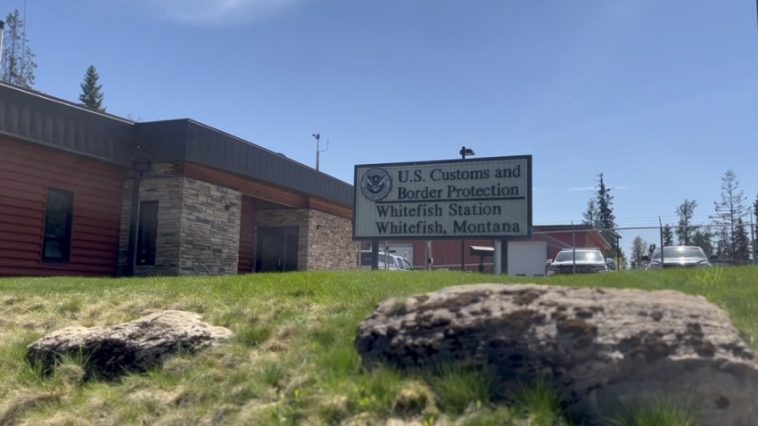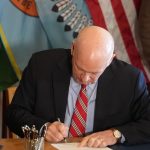WHITEFISH, Mont. — Beker Rengifo Del Castillo, a 33-year-old Venezuelan national, found himself at the center of a wrongful detention case after being apprehended by federal agents in Whitefish on April 24. Despite holding legal status in the United States through a humanitarian parole program, Del Castillo was taken into custody by U.S. Immigration and Customs Enforcement (ICE) and transferred to a detention facility in Tacoma, Washington.
Del Castillo had entered the U.S. under the CHNV Parole program, a policy enacted by the Biden administration to allow individuals from designated countries, including Venezuela, to enter the U.S. for humanitarian reasons. His parole was set to expire in July 2026. However, his detention raises serious questions about federal enforcement practices and communication between government agencies.
According to Del Castillo’s attorney, Andrea Sweeney of Kolko & Casey Law Firm, Del Castillo was confused and frightened during their brief contact while he was detained. “He really was confused about what was going on, about why he was being held, and scared about what was going to happen next,” Sweeney said in an interview.
Sweeney was notified on the same day of Del Castillo’s detention, following a routine traffic stop. Despite the apparent legality of Del Castillo’s status, he was transported to a Border Patrol station in Whitefish before being transferred to an ICE detention center in Tacoma. The circumstances surrounding his detention remain unclear, with no official explanation provided to his attorney.
“He should have been allowed to stay under the terms of his prior parole through July of 2026, unless he was notified that his parole had been terminated or modified,” Sweeney continued. “I’m not aware of any such notice being issued.”
The CHNV Parole program was designed to offer a pathway for individuals from certain countries to seek refuge in the U.S. under humanitarian grounds, a policy the Trump administration sought to end through executive orders. However, a federal judge in Boston issued a temporary injunction halting the enforcement of those orders, which was intended to maintain the legality of the program. Despite this, the confusion within federal agencies appears to have led to Del Castillo’s wrongful detention.
While Del Castillo was released from ICE custody on the evening of April 30, the circumstances surrounding his detention and subsequent release remain unclear. According to Sweeney, there has been no communication from ICE about the legal basis for his detention or the reasons for his eventual release. “I haven’t had any contact with government officials or received any kind of official charging documents,” Sweeney stated. “We still don’t have any information about why he was held, or what led to his release.”
Sweeney believes the confusion could be linked to the federal government’s failure to update agencies on the status of immigration policies and court orders. “They are getting directives and then they are not keeping up with the court orders that are halting these directives,” she explained. “It puts people in a really vulnerable position, where these officers have a lot of control and power, but they’re not up to date with what’s currently happening.”
The case has drawn attention to the vulnerability of individuals living in the U.S. under temporary legal status. The lack of clarity surrounding Del Castillo’s detention highlights the potential for bureaucratic errors to severely impact the lives of innocent people, especially when policies are in flux.
As of now, Del Castillo is back in the community, but the legal uncertainty surrounding his case may continue to raise questions about the effectiveness and clarity of the U.S. immigration system. The failure of government agencies to communicate effectively and adhere to court rulings remains a point of contention for advocates, lawyers, and those who rely on these legal protections to remain in the U.S. without fear of wrongful deportation.



